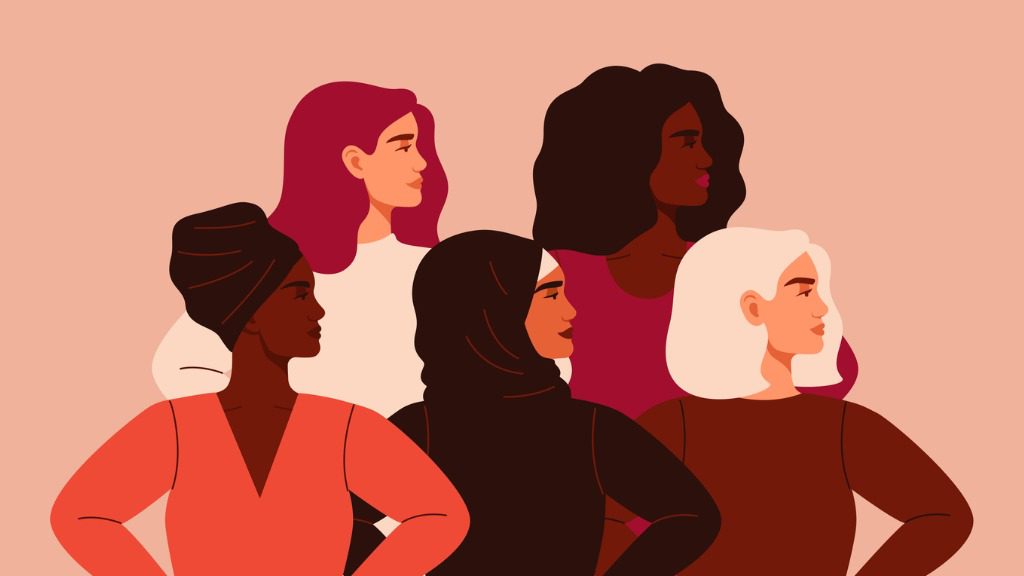Harassment, whether verbal, physical, or online, is an unfortunate reality in today’s world. However, it is no secret that young women often exhibit a lack of confidence compared to their male counterparts when it comes to dealing with harassment. This gap in confidence can be attributed to various factors, including societal expectations, gender roles, and the fear of judgment. In this article, we will explore why young women may be underconfident when facing harassment and examine how societal norms and expectations play a significant role in this disparity.

From a young age, boys and girls are often subjected to distinct societal expectations and gender roles. Girls are raised to be polite, nurturing, and “ladylike,” while boys are encouraged to be assertive and strong. These stereotypes can shape a young woman’s perception of herself, causing her to hesitate when confronted with harassment.
Fear of Being Judged
One of the major reasons why young women may lack confidence when dealing with harassment is the fear of being judged. They worry about being labeled as “hysterical” or “difficult” if they stand up against inappropriate behavior. This fear of judgment can stifle their ability to respond assertively to harassment.
Examples from the World of Sports
The world of sports provides a glaring example of how gender disparities play out when it comes to handling harassment. Female athletes often find themselves in situations where they nervously laugh off inappropriate questions and comments, while their male counterparts are more likely to flatly refuse to entertain such behavior. This stark contrast can be attributed to the socialization of women to be polite and accommodating.
For instance, female athletes may encounter intrusive questions about their appearance, relationships, or personal lives during interviews or press conferences. While some male athletes may firmly shut down such inquiries, women are often pressured to respond politely, even if they find the questions uncomfortable or offensive.
This discrepancy in responses is not due to a lack of confidence or assertiveness among female athletes. Instead, it reflects the underlying pressure for women to adhere to traditional standards of politeness and respectability, even in the face of harassment.

To address the confidence gap in responding to harassment, it is essential to empower young women with education and awareness. Providing them with the tools to recognize harassment, understand their rights, and assert themselves is a crucial step in bridging this gap. Schools and communities should promote programs and discussions that challenge gender stereotypes and provide support for individuals facing harassment.
Additionally, the responsibility of closing this confidence gap does not rest solely on young women. Society as a whole must change its attitudes towards gender roles and expectations. Encouraging open dialogue about the harmful effects of gender stereotypes and the importance of respecting personal boundaries can contribute to a more inclusive and respectful society.
The confidence gap between young women and their male counterparts when responding to harassment is a complex issue deeply rooted in societal expectations, gender roles, and fear of judgment. The examples from the world of sports highlight how these disparities manifest in real-life situations. It is imperative that we work collectively to empower young women to assert themselves when faced with harassment and challenge the societal norms that hinder their confidence. By fostering a culture of respect and equality, we can hope to see a future where young women no longer feel the need to nervously laugh off inappropriate questions but can respond with the assertiveness and confidence they deserve.



















